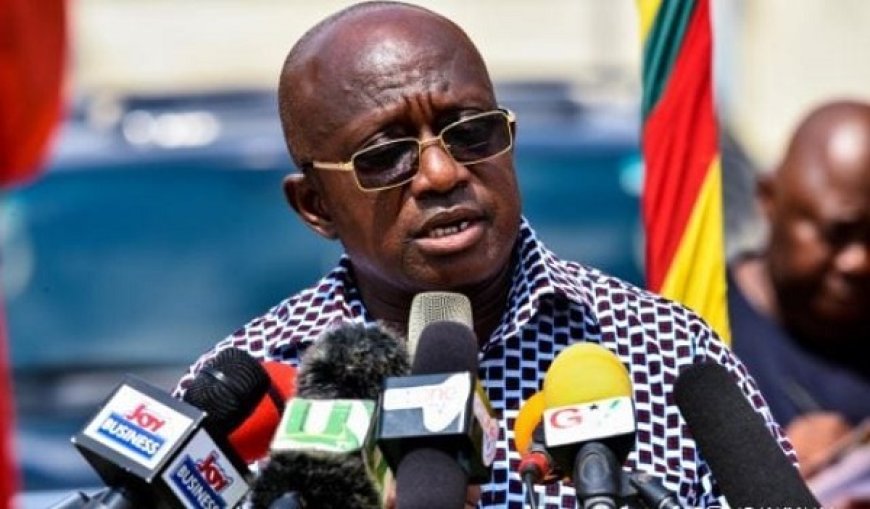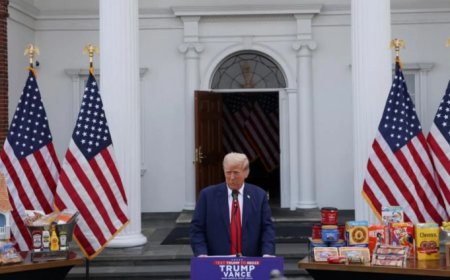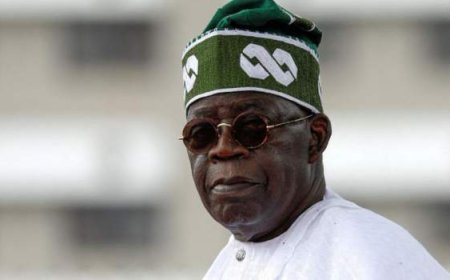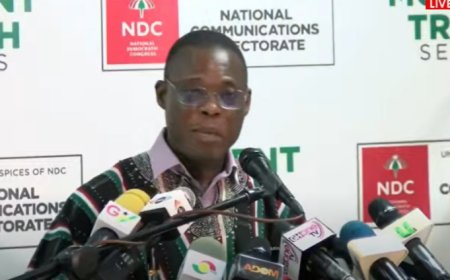Ghana Institution of Engineering Condemns Political Intervention in Electricity Company's Affairs
Ghana's GhIE criticizes Ashanti Regional Minister's interference in Electricity Company's operations. Political overreach undermines utility management ethics.

The Ghana Institution of Engineering (GhIE) has strongly criticized the recent interference by Ashanti Regional Minister, Simon Osei-Mensah, in the operational affairs of the Electricity Company of Ghana (ECG).
The controversy arose when the Ashanti Regional Minister allegedly pressured ECG's Ashanti East region General Manager, Mark Asomani Wiafe, to reconnect electricity services to Kumasi Technical University despite substantial unpaid bills. Wiafe's refusal reportedly led to his wrongful arrest.
In a statement issued by GhIE, the institution denounced the Minister's actions as an overreach of authority, undermining the operational protocols governing public utilities. Such political interference not only disrupts ethical conduct in public administration but also sets a dangerous precedent for utility management and public service delivery nationwide.
Additionally, GhIE expressed disappointment with Kumasi Technical University's failure to fulfill its financial obligations to ECG. The institution stressed the importance of all users, including academic institutions, responsibly meeting their payment commitments to ensure the financial sustainability of utility services.
Commending Wiafe for upholding ECG's rules and regulations, GhIE highlighted the importance of ethical leadership within public services. The institution pledged support for officials who demonstrate integrity in upholding national utilities' standards amid undue influence.
The incident, GhIE argues, should spark a broader dialogue on the boundaries of political intervention in state-owned enterprises' operational matters. It underscores the necessity of granting public utility managers autonomy to operate within legal frameworks and established guidelines.
The statement by GhIE calls for a reevaluation of the relationship between political entities and state-owned enterprises to safeguard the integrity of essential services and ensure transparent governance.
What's Your Reaction?






































































